
Does it ever feel to you like the world is falling apart? The list of issues caused by human activity is horrendous, isn’t it? We’ve got biodiversity loss, environmental disaster, potential nuclear holocaust, destructive artificial intelligence and societal collapse, just to name a few (List of Global Issues).
Given the problems we face individually and collectively, it seems a bit silly to think and talk about philosophy, let alone enjoyment. What does a person’s philosophy have to do with anything? The general perception is that philosophy is a waste of time; it doesn’t lead to a job and it’s not practical—both of which are, kind of true—but, in defense of philosophy, it’s also true that philosophy teaches skills like: analytical thinking—using logic and critical thought to analyze a situation—and critical thinking—making reasoned judgments that are logical and well thought out. Such skills are sadly lacking—especially in countries like the U.S.A, Canada and Mexico, not to mention South Africa and China and Russia, just to name a few.
Contrary to popular opinion, philosophy is important. Every single individual should think about their philosophy because it helps one to be well-rounded and enlightened, as in, “freed from ignorance and misinformation” and “based on full comprehension of the problems involved” (Merrium-Webster Dictionary). Philosophy “teaches us to ask good questions and examine popular opinions, core beliefs, and values” (On the Value of Philosophy).
Here is an example of critical thinking in action:
But as political theorist and writer of The Origins of Totalitarianism (1951) Hannah Arendt (1906-1975) said, “The sad truth is that most evil is done by people who never make up their minds to be good or evil.” She saw philosophy as “human inaction” and said, “Under conditions of tyranny it is far easier to act than to think” (“Dismantling the Ivory Tower of Thinking“).
That’s where enjoyment comes in.
The world is built on what people think about and what people think about is enjoyment. It’s why Disney World exists. It’s why people go to Paris and Rome. Everyone wants to enjoy life. Just like other animals, it’s why people want comfort and convenience and entertainment (even the scary kind). It’s why people shop and watch football and dance. It’s even why some people shoot others, invade countries, sanction murder or cheat at golf.
Whether it’s taking a shot of vodka for enjoyment, creating artificial intelligence or jumping off a cliff for fun (with a parachute, hopefully), most people spend their lifetime trying to enjoy themselves as much as possible, while they can, for as long as they can.
If we can match clear thinking skills with the motivator of enjoyment in harmony with nature, we have a recipe for well-thought out solutions that are good for everyone. Trouble is, when it comes to enjoyment, it’s often “full speed ahead!” regardless of consequences.
Cue music:
Tryna make ends meet, you’re a slave to money then you die”
As sweet as enjoyment can be, there is a dark side.
Negative emotions, for example, can be enjoyable for some people. According to a study out of the Netherlands, “people sometimes willfully engage in activities that they know will evoke negative emotions, and even seem to enjoy these experiences. Someone who decides to go bungee jumping, for example, will most probably be aware that this activity will evoke fear. Apparently, the prospect of experiencing negative emotions will not always motivate people to refrain from engaging in a particular activity” (“The Dark Side of Enjoyment“).
Think of people who enjoy recreational drug taking who become drug addicts and lose everything, or people who enjoy alcohol who become alcoholics and lose everything, or gamblers who love gambling and lose everything, or sexual cheaters and deviants who commit crimes and lose everything, or people who enjoy shooting animals until they are gone or people who enjoy driving in a world paved-over for this purpose or people who enjoy roaring around town on a motorcycle until they hit a tree or people who enjoy big houses and garages so much they have the natural habitats of other animals destroyed for their pleasure.
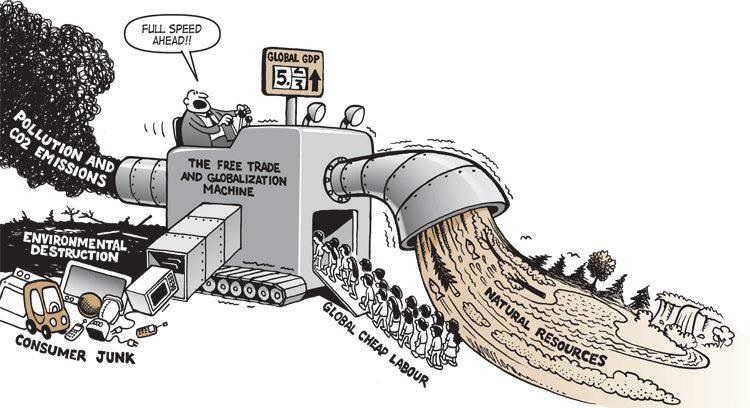
In Zen one watches thoughts come and go without acting on them. It’s a good start and a nice break, but it might take a bit more. Not thinking can lead to a feeling of joy, but clear-headed thinking is not a bad thing—especially when operating heavy machinery.
As for feelings, feelings are choices. People choose anger over calm; they choose “fear over courage and misery over joy,” but if one can look at all sides without locking onto an ill-thought out idea or get emotionally engaged in a negative perspective, one can be free and happy.
According to Chinese wisdom, “Intellect can be enlightened only in a kind person. A person can be kind only when he has an enlightened intellect. One helps the other” (from Tolstoy’s A Calendar of Wisdom).
To enjoy is to choose to do so without expectation. There is a calmness when what one has, is all one wants. A relaxed feeling comes when one accepts what is “as is.” The flow of enjoyment can get blocked, however, like water through a crimped garden hose. When one says, “I might enjoy if such-and-such happens,” or, “when I have this-or-that,” this says, “I will enjoy, as long as things go my way.” With this attitude, if there is an inconvenience or disappointment, it’s like a fly on one’s butter: Enjoyment is thwarted.
But, with an objective-subjective perspective (and a philosophy of enjoyment), one can see beauty—even in a butterfly!
After thinking clearly, without personal opinion, without judgement of likes and dislikes, after duties are completed (or even during), breathe in and breathe out, like a bottle making music in the wind.
Consider what you have learned of molecular structures from scientists who foretold that nothing is solidly so. Picture yourself as an organic candle burning energy from the sun. See the world as art. Hear the world as art. Speak of peaceful things and enjoy the best of the world, not the worst.
What if everything is connected and you (and I) are the world itself in the form of our own consciousness? For when the lights go out the very last time, or at the end of day, isn’t it your own consciousness that makes it that way?
Easy does it is the word.
And, don’t forget:
Enjoy.
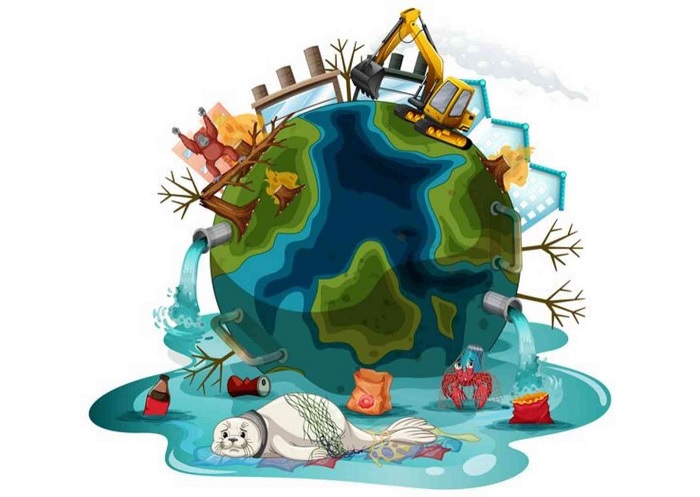
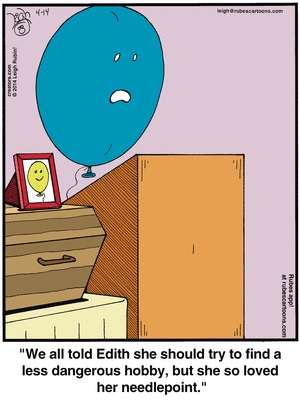
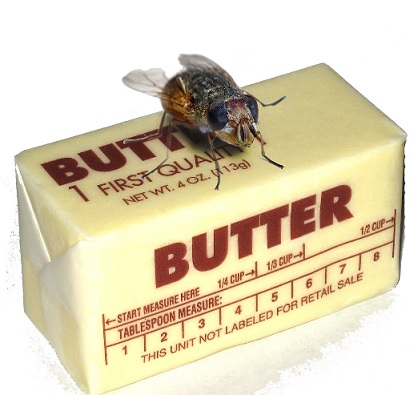
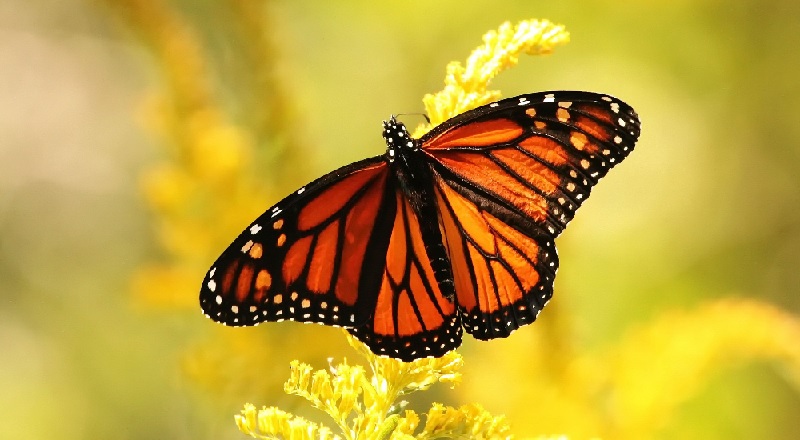
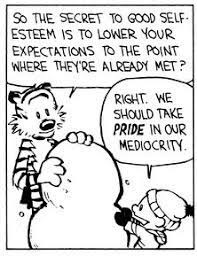






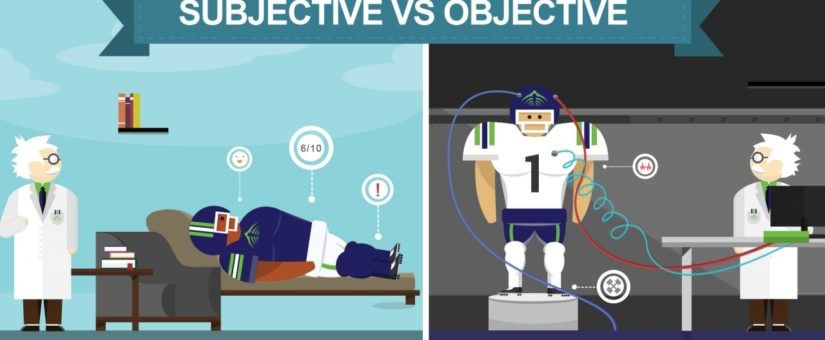





 As hard as it is to imagine, one day, there won’t be another. One day, nothing will happen and you won’t know what happened. You will be gone like those who have gone before you.
As hard as it is to imagine, one day, there won’t be another. One day, nothing will happen and you won’t know what happened. You will be gone like those who have gone before you.












 Each moment must pass away for us to live another. Death is a continuous process.
Each moment must pass away for us to live another. Death is a continuous process.

 At the prospect of death Walter corrupts his morals for money. He thinks ‘ends justify means,’ and finds himself enjoying money and power. Money and power become his purpose.
At the prospect of death Walter corrupts his morals for money. He thinks ‘ends justify means,’ and finds himself enjoying money and power. Money and power become his purpose.



 Rational knowledge is knowing what people, things, practices and pleasures make you happy, but wisdom is knowing that things you enjoy do not actually make you happy; happiness comes from within. Insight is feeling that whether or not you believe something isn’t the right question because the answer is what you know through experience.
Rational knowledge is knowing what people, things, practices and pleasures make you happy, but wisdom is knowing that things you enjoy do not actually make you happy; happiness comes from within. Insight is feeling that whether or not you believe something isn’t the right question because the answer is what you know through experience.
